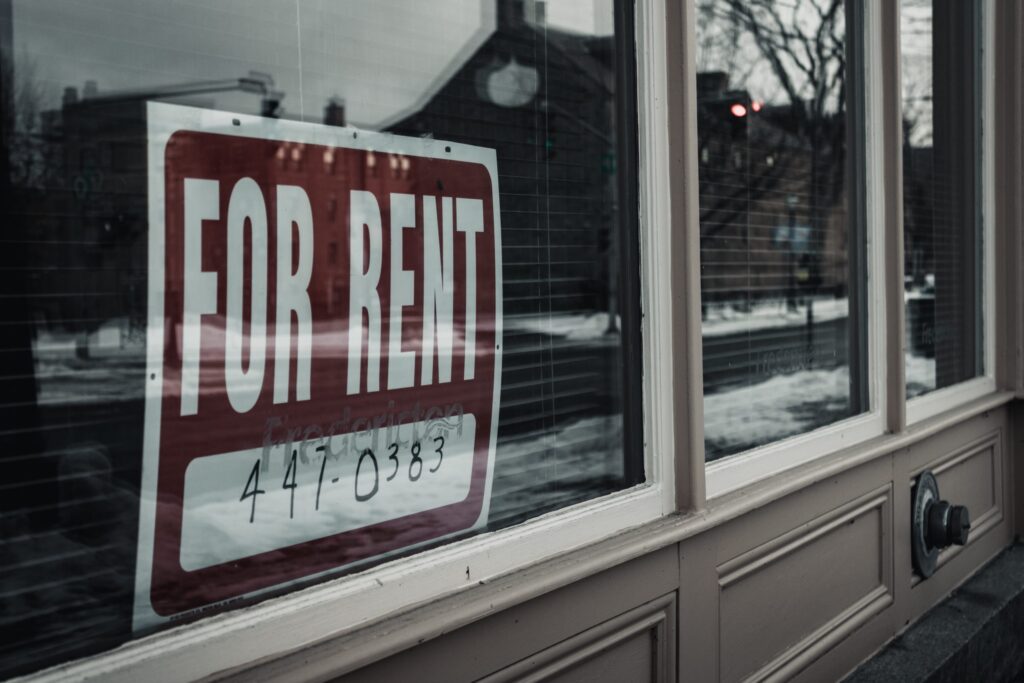Due to the effects of COVID-19 in 2020 and 2021, many tenants have been unable to pay their rent, through loss of employment, illness, increased living expenses and government closure of businesses. At the same time, the State of New Jersey implemented an eviction moratorium which stopped the scheduling of eviction trials. As a result, tenants were permitted to occupy their rentals without paying rent. At this writing, a tenant could owe eighteen months of rent accruing during the pandemic period. During that time, landlords have been forced to pay operating expenses and mortgages from their own pockets.
Commercial landlords are now free to evict their tenants for non-payment of rent, and most commercial evictions filed during the pandemic period have been concluded.
The New Jersey legislature recently enacted a statute preventing a landlord from evicting most residential tenants based on non-payment of rent during the pandemic period, so long as the tenant can show that s/he applied for rental assistance to the State. The law further states that back rent accruing during the pandemic period is civil debt which landlords are free to attempt to collect by filing civil lawsuits against their tenants. In most cases, landlords will recover their judgments, but then will need to collect the judgments, through such means as wage executions and bank levies.
Tenants may be evicted for non-payment of new rent going forward, with the courts already experiencing a substantial backlog.
If a landlord recovers a money judgment against a tenant, then the tenant has another move: bankruptcy. Yes, a tenant qualifying as a Chapter 7 debtor may fully discharge any and all back rent owed to his/her landlord. It is also possible for a tenant to file for Chapter 13, but then it is likely that the court would require the tenant to pay some part of the rent monthly through the trustee for a three to five year period.
The tenant will have the stigma of a bankruptcy filing on his record. However, it may be that under the new New Jersey statute, a landlord may not refuse to rent to a tenant for having filed bankruptcy to avoid payment of rent. This is subject to interpretation of the wording of the statute.
Landlords are also prohibited from furnishing information about a tenant’s failure to pay rent and any eviction to a debt collection or credit reporting agency.
A tenant who is still occupying at the time of filing bankruptcy who fails to pay the post pandemic rent is subject to eviction and in such case, the landlord may move to vacate the automatic stay to allow the landlord to pursue the eviction in state court. When that trial would be scheduled is anyone’s guess right now.

